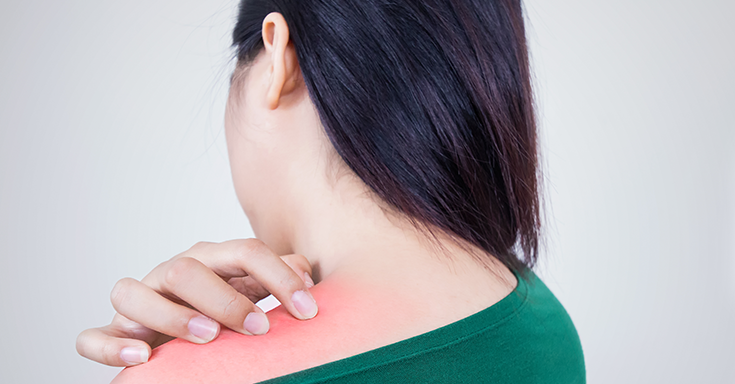
Diagnosing & Treating Dermatitis Online
Dermatitis is typically caused by an allergy, but can also occur if you’ve damaged the protective layer of your skin. Because dermatitis occurs when you come in contact with a substance, it is also known as contact eczema.
If you get dermatitis from an allergy, your immune system will get involved. Once you touch something that your body is allergic to, your body will think that it is under attack and it will begin creating antibodies to fight the invader. Once this release of chemicals begins, an itchy, allergic reaction will most likely occur. Most contact dermatitis reactions aren’t severe, but they can be unpleasant until the itching goes away.
Dermatitis can be caused when one comes in contact with many types of substances, including but not limited to:
- Poison ivy, poison oak & poison sumac
- Hair dyes or straighteners
- Nickel, a metal found in jewelry and belts
- Leathers and the chemicals used to treat it
- Latex rubber
- Citrus fruit
- Fragrances in soaps, shampoos, etc.
- Some medications you use on your skin
During a video consult on TelaCare your doctor will ask you a series of targeted questions to determine if your symptoms point to dermatitis. Then your provider will proceed to determine the best treatment plan for you. Your provider may recommend in-person examination by a specialist if this is needed. Your treatment plan is based on the duration and severity of your symptoms and your medical history.
Our platform has an image upload feature that is extremely helpful for both providers and patients. With this feature, our physicians can get a precise, detailed look at your rash before the visit even begins. This feature is also very useful to see how your rash has progressed. If your rash has been present for a few days and you have a picture from the first day, it is helpful for our providers to see the comparison. If your outbreak is on your face, this feature is specifically useful for those that wear makeup – you can take a picture when you have a clean face, save it and upload before your visit! For best results we recommend pictures be taken in bright, natural light, close to the rash and from a few different angles. If you can give a size perspective, like laying a dime near the rash, this can be extremely helpful, as well.
Once a diagnosis has been made, your doctor will go over the risks and benefits of the various treatment plans. Treatment for contact eczema is different depending on the severity. A consistent skin care routine is imperative for successful treatment. This is sometimes difficult for adolescent patients, so follow up visits, especially in the beginning of treatment, will be important.
Options for treatment of dermatitis may include:
- Identifying the type and eliminating the cause, if possible
- A cold compress
- Creams or medications that can reduce itching
- Moisturizers
- Sunscreen



